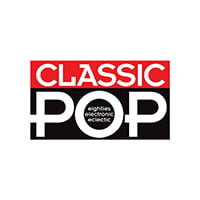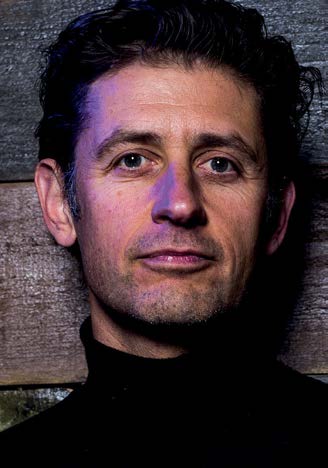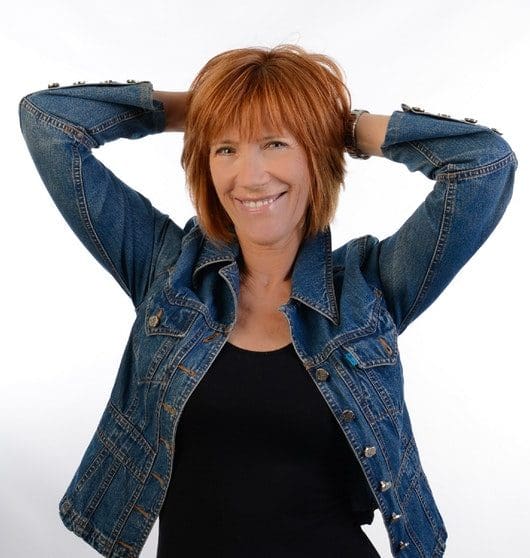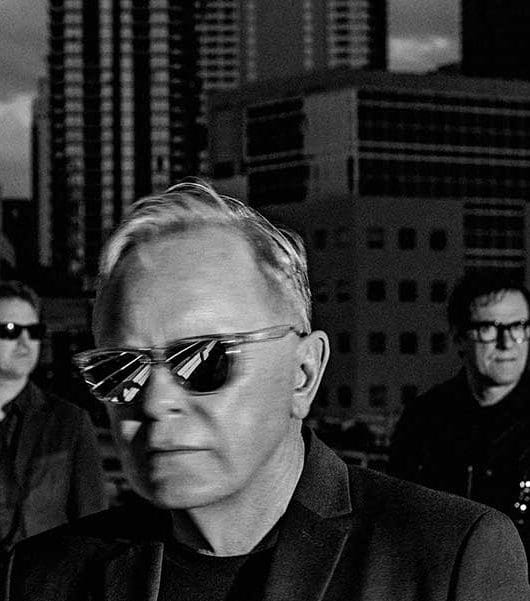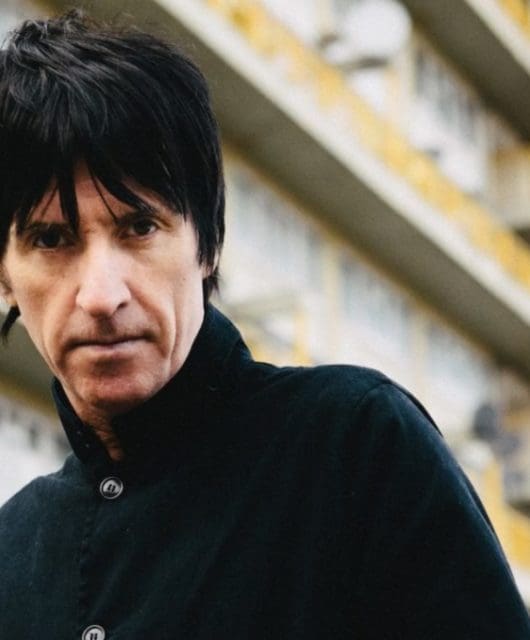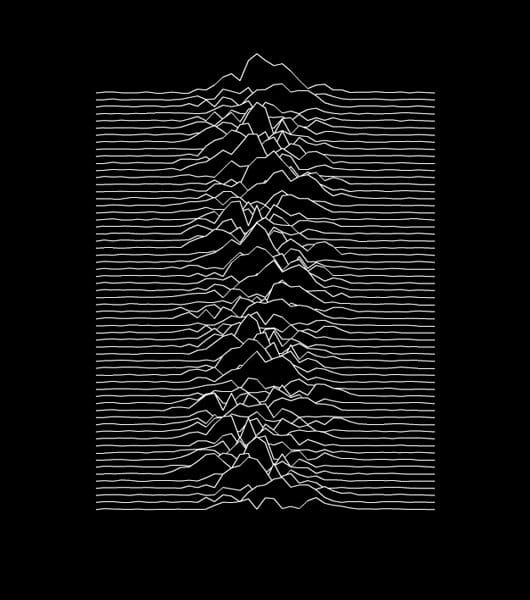The Godfathers of Pop: Martin Stephenson interview
By Classic Pop | December 4, 2018
David Burke meets Martin Stephenson, who started his pop career with The Dainties before going on to find solo success. As The Dainties reunite, Stephenson looks back on his life in music so far…
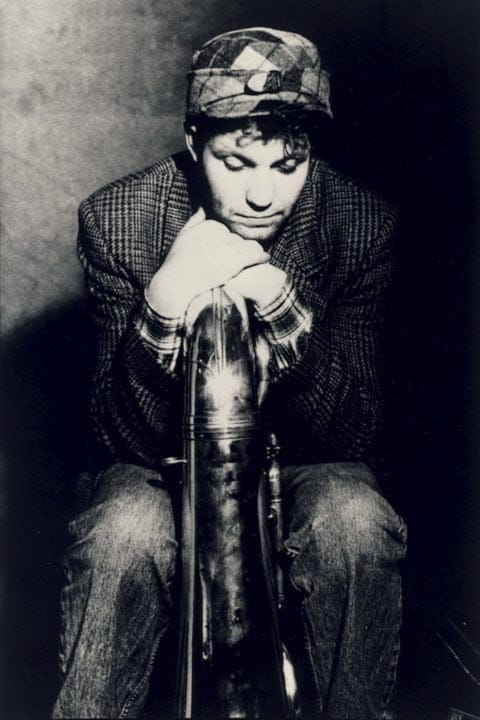
The now-defunct Sounds magazine marked out Martin Stephenson as “one of the finest and grossly underrated singer-songwriters this country has given birth to”. Few who bought his 80s Kitchenware albums with The Daintees – especially Boat To Bolivia and Gladsome Humour & Blue – would disagree with that bold assertion. Durham native Stephenson broke up the band in 1992, recording a series of well-received solo and collaborative albums. He reunited with The Daintees at the turn of the millennium and, this October, they embark on a 30th Anniversary Tour of Gladsome Humour & Blue.
How do you feel about the album now, 30 years later?
Very positive. I feel the songs had vision, were timeless and, as soon as you sit on the Gladsome… bike, you feel like a time traveller. Although you feel older and wiser in one dimension, you are shown the wisdom and vision of the young in many other ways. So it’s kind of exciting and humbling, very educational.
Many fans consider it your magnum opus – do you agree?
Not for me to say, really, but I have been committed to the songs for many years, and have a service to them, whether they made the radio or not, whether folks like them or not. They are like children who have grown. I love each one for different reasons and always try to serve them the best I can.
You did a recent solo tour, playing the entire album for people in their homes. What was it like being so close to your audience?
At this age, just so much fun – and very joyous. Most of us are parents now – we have lived, we know ourselves. It was a very funny, beautiful, soulful experience taking the album to folks’ homes, all ages present, sharing food and song. House concerts are the new parlour movement.
You were labelmates on Kitchenware with Prefab Sprout. How would you describe your relationship with them?
Ah… I would say early on, there was a lot of love and goodwill. In all honesty, those early days were enough for me and what I loved the most was the early family relationship at Kitchenware. I would say between ‘82 and ’85, it was perfect. But things change. The label had to survive and when the majors got involved, the family began to break, just like Postcard and many other indie labels.
You told The Independent in 2002 the 80s were a nightmare for you…
Well, to me, it was a limited dimension. My heart and soul did not belong there. I felt like a bleeding alien. I loved my band and the white Ford Transit in which we sailed, but doing a gig with The Smiths meant nothing to me. As far as I was concerned, as a 22-year-old, they were shite, and still are – as are Oasis. It doesn’t matter how many dorks have bought their records. Wonderwall is a crap title and a crap song. I would have thrown it in the bin at 17, never mind now. But evidently, I know nothing.
Why did you break up The Dainties back in 1992?
[It was] exhaustion, trying to take care of everyone. Bored. We were all becoming parents, pressure from many areas – just life, really. I felt hurt and unheard, I suppose. Your perspective becomes very distorted. I just felt the need for rebirth, poverty and simplification.
How did the rest of the band react to your decision?
I’m not sure. They had a good run. Maybe mixed feelings, I suppose. Happiness, sadness, excitement, fear. ‘Phew,’ they maybe thought, ‘that was a trip and a half.’
How did you find relocating to the Scottish Highlands in the 90s?
Just simplicity and a fresh perspective. Heading north seemed the right thing, away from London. Mountains, eagles, tiny gigs, busking, freedom.
What made you reform The Daintees in the new millennium?
I’m not sure, now, but it would deffo be something to do with missing my brothers. We went through things together even soldiers don’t. Vice versa, mind.
What keeps you busy?
Creative drive. Creativity is love, it is art, it is freedom. That’s why I don’t need alcohol or drugs – they are merely dark companions who sneaked into the party and pretended to be responsible for light, art and love. They are imposters and I do not travel with those dark companions no more. I am in service to the power of love for my village of humanity.
Read more: The Godfathers of Pop: 2-D interview
